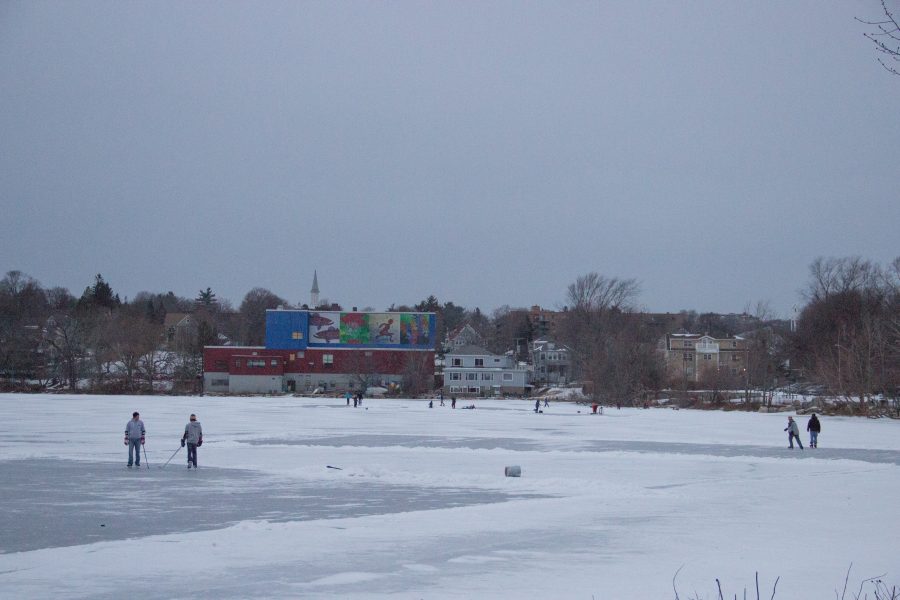The United States has been experiencing record low temperatures in the last couple of months, especially in January of 2014. The Northern Plains and Midwest have been receiving temperatures from 50 to 60 degrees, as opposed to the New England region, which has been experiencing temperatures in the single digits. Coupled with the cold weather, wind and snow have also been problematic.
According to meteorologists, the weather fluctuation is due to the negative effects of the polar vortex. “This weather pattern is a persistent, large-scale cyclone located near Earth’s geographical poles that strengthen in the winter and weaken in the summer due to the temperature difference between the equator and the poles,” says the National Weather Service.
This is a prominent issue that negatively affects the University of Massachusetts Boston community. It has made traveling such as driving and commuting quite difficult for students and faculty. The roads are hazardous in these cold and snowy conditions, so caution is advised.
UMass Boston has already been forced to shut down parts of the winter session for snow days. The weather has made attending classes extremely inconvenient and dangerous. The school’s alert system has announced delays and cancellations due to snow blocking the road and pipes freezing.
Mayor Marty Walsh takes full responsibility for maintaining the streets of Boston after a snowstorm. He combated his first snowstorm by canceling public schools and hiring people to efficiently plow and salt the streets. In this case, he postponed his meeting out of the state and stayed in Boston to regulate the streets–a tiring task.
This winter will be colder and drier than normal, despite the fact that snow will be above average in most of the region. February is stated to have the most snowfall, so everyone should prepare. Students can combat the cold by dressing warmly with hats, gloves, and boots, as well as commuting earlier.
Record low temperatures are invading New England
January 24, 2014





















































